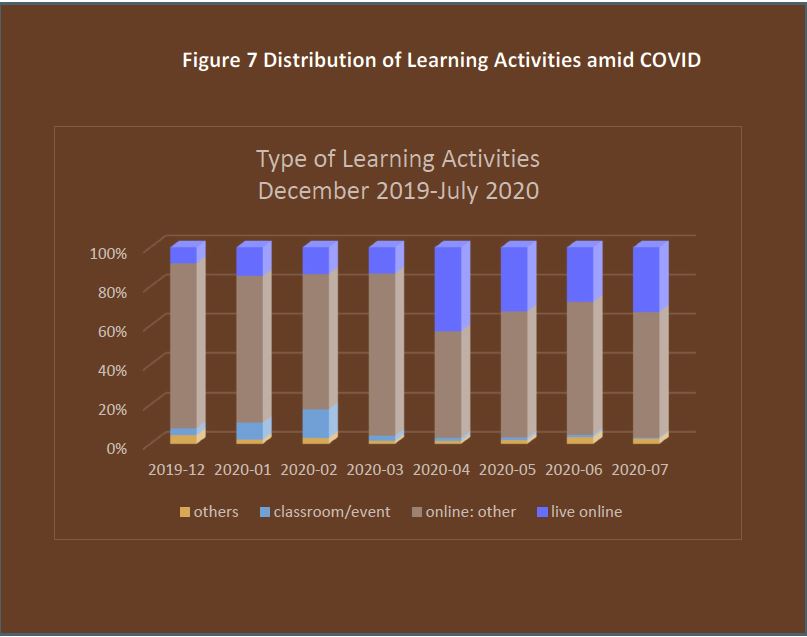To help improve the accuracy of generative AI, add speed bumps
Introducing “targeted friction” into AI workflows can improve overall accuracy and reduce uncritical adoption.
Introducing “targeted friction” into AI workflows can improve overall accuracy and reduce uncritical adoption.
Improved handwashing habits at airports — even just a few — would curb the global spread of disease, new research finds.
After her daughter's traumatic brain injury (TBI), Lynne Becker became an entrepreneur on a mission—a mission to share with others what she learned about TBI. And ultimately, a mission to accelerate research and clinical trials. Two student teams taking MIT Sloan’s Analytics Lab (A-Lab) helped her t...
Generative artificial intelligence will affect economic growth more quickly than other general-purpose technologies, according to a new report.
Workers need healthy challenge, complexity, and connection, automation expert Matt Beane argues in his book “The Skill Code.”
Banks before gyms, colleges before cafes. A new study offers insight into how to slowly reopen businesses.
Compatibility issues still hinder implementations, but need is driving platforms forward.
The City of Leuven, Belgium sought to leverage digital technologies and advanced analytics to promote sustainable urban mobility. To make this happen, the city collaborated with global digital engineering company and Smart Industry leader Akkodis – and a team of Master of Business Analytics (MBAn) s...

This report by Fei Qin, an Associate Professor in Management at the University of Bath, and Thomas A. Kochan, the George M. Bunker Professor at the MIT Sloan School of Management, describes what the authors believe to be a state‐of‐the‐art learning system at IBM Corporation and traces the effects of...
Natalia Levina, PhD ’01, and Rumman Chowdhury, SB ’03, spoke at the second annual Social Media Summit@MIT, a virtual gathering hosted by the MIT Initiative on the Digital Economy, in late March.